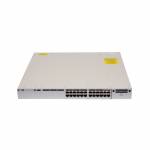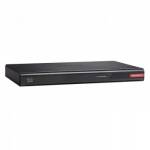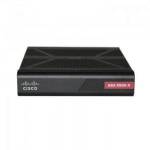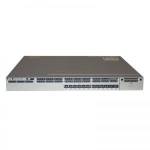HPE Server Processors
HPE offers a wide range of server processors that deliver powerful performance and advanced features to meet the diverse needs of modern data centers. These processors are designed to optimize server workloads, enhance energy efficiency, and support various applications and workloads. Here are some key highlights of HPE server processors:
1. Intel Xeon Processors: HPE servers commonly utilize Intel Xeon processors, which are renowned for their exceptional performance and reliability. These processors offer a range of features such as high core counts, high clock speeds, and advanced technologies like Turbo Boost and Hyper-Threading. They provide robust performance for demanding workloads, including virtualization, database management, and data analytics.
2. AMD EPYC Processors: HPE also offers servers powered by AMD EPYC processors, which are designed to deliver outstanding performance and scalability. With high core counts, large memory capacity, and advanced security features, AMD EPYC processors excel in data-intensive workloads, virtualization, and cloud environments. They provide a cost-effective solution for organizations seeking powerful server performance.
3. Scalability and Performance Optimization: HPE server processors are designed to support scalability and performance optimization. They offer features like Intel Turbo Boost Technology and AMD Precision Boost, which dynamically increase clock speeds to maximize performance when needed. Additionally, server processors support features like Intel Hyper-Threading and AMD Simultaneous Multithreading, enabling efficient execution of multiple threads simultaneously.
FAQs:
Q1: Can I upgrade the processor in my existing HPE server? In most cases, HPE servers offer processor upgrade options. However, the feasibility of upgrading the processor depends on the specific server model and its compatibility with different processor generations. It is recommended to refer to the server's technical specifications or consult with HPE support to determine the upgrade options available for your particular server.
Q2: Which operating systems are compatible with HPE server processors? HPE server processors support a wide range of operating systems, including popular choices like Microsoft Windows Server, Linux distributions (such as Red Hat Enterprise Linux and SUSE Linux Enterprise Server), and virtualization platforms like VMware ESXi. It is recommended to check the processor's specifications and the operating system's compatibility matrix provided by the respective vendors for specific details.
Q3: Are there any specific cooling requirements for HPE server processors? HPE servers are designed to handle the cooling requirements of their processors. The servers are equipped with efficient cooling systems, including fans and heatsinks, to maintain optimal operating temperatures. It is essential to ensure that the server's cooling system is properly installed and maintained to ensure reliable performance and prevent overheating.











